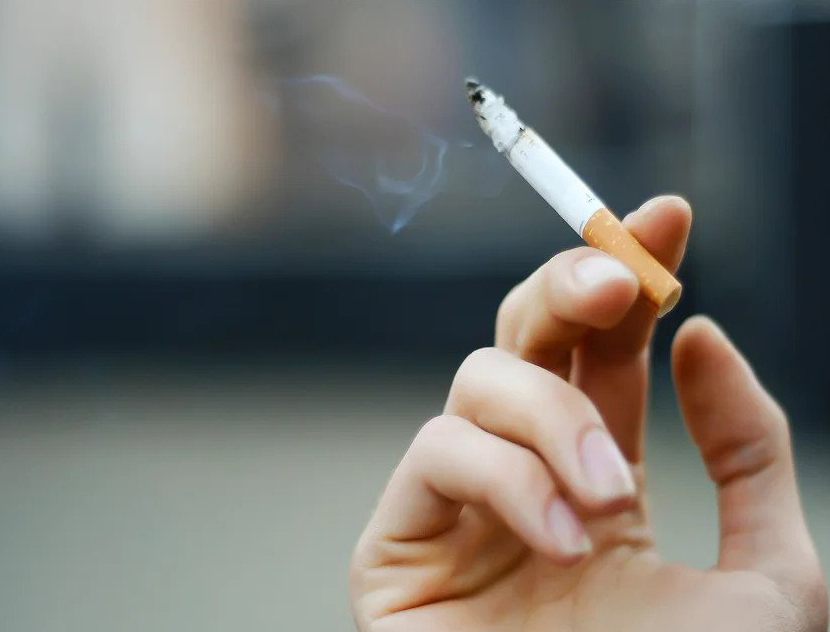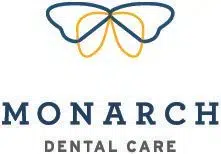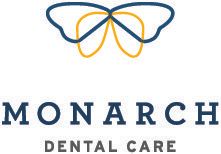
Can I Get Dental Implants if I Smoke?
Dental implants are the top choice for tooth replacement. However, those who smoke may be wondering if dental implant treatment is right for them.
The short answer is yes, you can get dental implants if you smoke. However, please note that smoking can negatively impact the success of implant treatment. Studies show that smoking can increase the dental implant failure rate.
If you have any questions about dental implants and smoking, contact our Prairie Village dentist today at (913) 362-4488.
Cigarette Smoking Affects Your Oral Health
- Periodontal disease: Smoking is one of the leading causes of periodontal disease. Gum disease is a bacterial infection of the gums and bones that support the teeth. It causes redness, swelling, bleeding, and even tooth loss. Smoking weakens the immune system, making it harder for the body to fight off infections, including gum disease.
- Bad breath: Smoking can cause bad breath, or halitosis, due to the buildup of bacteria and plaque in the mouth. This can be embarrassing and affect a person’s self-confidence.
- Tooth discoloration: Smoking can cause yellow or brown stains on the teeth that are difficult to remove with brushing or professional cleanings.
- Oral cancer: Smoking is a major risk factor for oral cancer. Oral cancer can occur in the mouth, throat, or lips and can be life-threatening if not caught early.
- Delayed healing: Smoking can slow down the healing process after dental procedures, such as extractions, implant placement, or gum surgery. This can increase the risk of complications and infection.
How Does Smoking Affect Dental Implants?
Slower Recovery
Increased Risk of Implant Failure
Increased Risk of Infection
Increased Risk of Peri-Implantitis
Symptoms of Implant Failure
- Inflamed or bleeding gums
- Severe oral pain
- Discomfort while chewing
- Gum recession
- Swelling at the surgical site
- Loose implant or replacement tooth
Tips for Quitting Cigarette Smoking
- Join a support group: Joining a support group can be a great way to connect with others who are also trying to quit smoking. This can provide encouragement, accountability, and motivation to quit smoking altogether, even after dental implant surgery.
- Use nicotine replacement therapy: Nicotine replacement therapy, such as patches, gum, or lozenges, can help ease cravings and reduce withdrawal symptoms. Talk to a healthcare provider or your implant dentist before starting any nicotine replacement therapy.
- Seek professional help: Healthcare providers can provide resources and support to help patients quit smoking. This may include counseling, medication, or a combination of both.
- Avoid triggers: Triggers, such as stress, alcohol, or being around other smokers, can make it harder to quit smoking. Avoiding triggers and finding healthy ways to cope with stress can increase the likelihood of success.
- Set a quit date: Setting a quit date can provide a clear goal and help patients stay motivated. Choose a date that allows enough time to prepare and gather support.
Frequently Asked Questions
Find Out if Dental Implants Are Best for You
Before receiving dental implants, smokers must commit to quitting before their dental implant treatment and throughout the recovery period. If you can’t stop smoking long enough for treatment, you may consider other tooth replacement options.
If you live in Prairie Village and are considering dental implants, contact our dentist today. With years of experience in implant dentistry, we’ll help you determine the best tooth replacement option for you.

